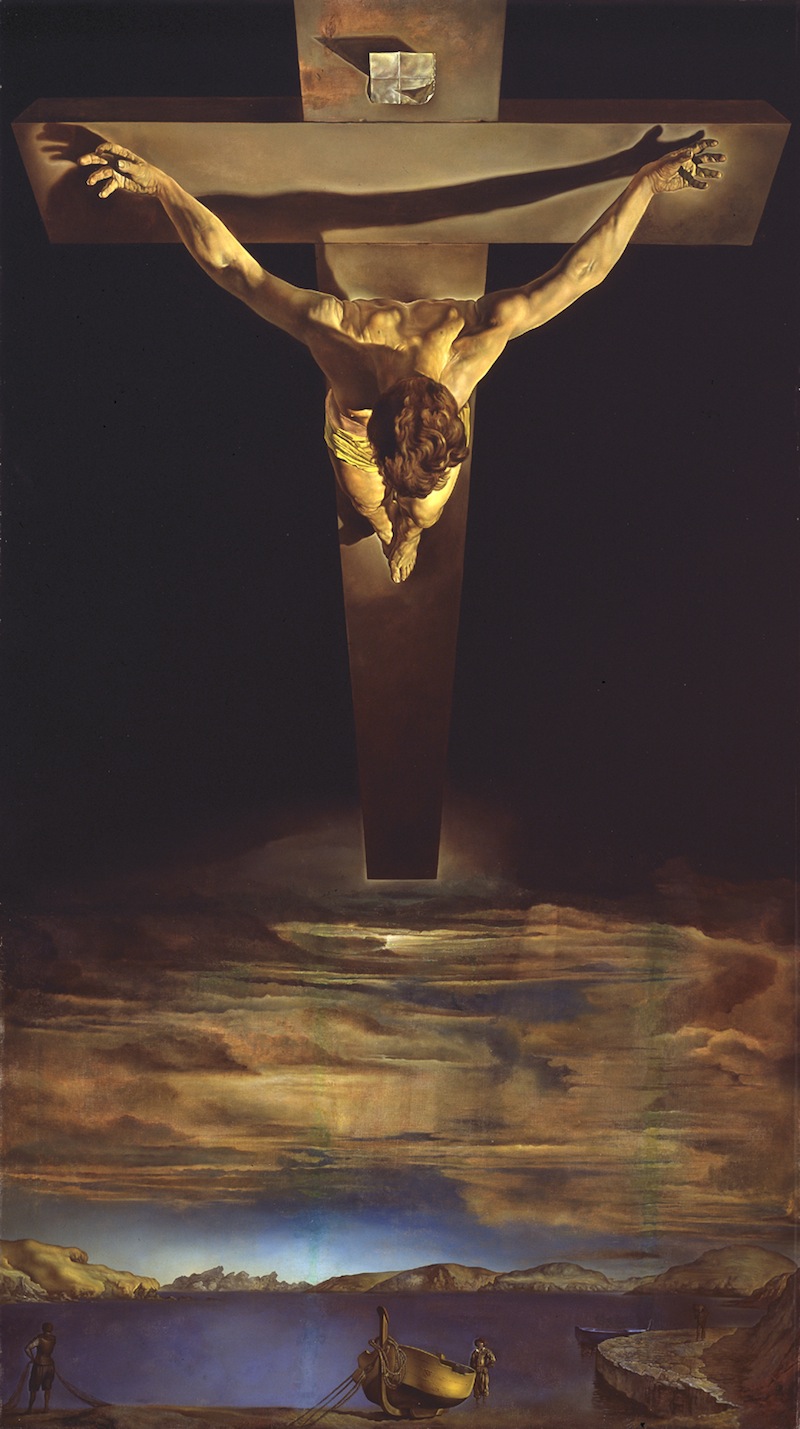Boston Baroque soars with an emotional “St. John Passion”
Bach’s passion settings can often be overwhelming in their effect. That was certainly the case at Jordan Hall Friday night when Martin Pearlman led Boston Baroque in the company’s first performance of the composer’s St. John Passion. Rich and thoroughly dramatic, Boston Baroque’s reading captured the raw emotional power of the trial, crucifixion, and death of Christ.
The older of two surviving passion oratorios Bach composed for performances in Leipzig, the St. John Passion is sometimes faulted for its lack of textual unity. And although it may not be as extensive or as luminous as the better known St. Matthew Passion, St. John contains much memorable music that still manages to pack a powerful emotional punch.
The work, though, remains controversial for some listeners, especially in its depiction of the Jews. The gospel story that serves as the basis for the St. John Passion lays the crucifixion of Christ squarely at the feet of the Jewish crowd who calls for his death. Boston Baroque boldly adhered to the original text in order to present the piece as accurately as possible.
Providing a narrative thread to this work that is affecting in its delivery can be a daunting task for any singer, and Friday’s performance benefited from the fine singing of John Mark Ainsley, who made his Boston Baroque debut as the Evangelist. The British tenor is known far and wide for his performances of this demanding role and it’s easy to hear why. He is capable of maneuvering between smooth, buttery tones to phrases of biting intensity to convey the story in bold colors. Especially moving was “Da gedachte Petrus,” which Ainsley rendered with the full weight of grief to capture Peter’s bitter weeping.
Joining Ainsley was a solid cast of soloists. As Jesus, baritone Andrew Garland sang with a clear, muscular tone. Countertenor Christopher Lowrey sang his arias with silky voice. His most affecting singing came in “Es ist vollbracht,” where his dolorous phrases meshed with Beiliang Zhu’s silvery line on the viola da gamba.
Baritone Jesse Blumberg brought a robust presence to the role of Pontius Pilate, and he gave precision performances of his arias as well. His voice added weight to the dark chromatic melodies of “Betrachte, meine Seel,” and he delivered an earth shaking rendition of “Eilt, ihr angefochtnen Seelen.” Soprano Mary Wilson offered a supple “Ich folge dir,” the aria’s trickling melismas handled with agility.
The standout, though, was tenor Nicholas Phan, who sang with the bold conviction of a country preacher giving a Sunday sermon. “Ach, mein Sinn” was thunderous in its delivery, yet Phan was also capable to portraying the tenderest of emotions, as was the case in his mournful arioso “Mein Herz.”
The Boston Baroque period instrument orchestra boasts some fine soloists, and several of the arias in Friday’s performance gleamed from the fine playing of flutists Christopher Krueger and Wendy Rolfe as well as oboists Marc Schachman and Lani Spahr.
But period instruments can by finicky when it comes to tuning, and repeated unfocused intonation, unfortunately, marred this performance. That lapse was most glaring in the viola d’amore duet that accompanies “Erwäge,” the instruments drifting aimlessly out of tune. Most of this performance, though, glistened due to the fine playing of the full ensemble, which laid a feathery bed of sound to accompany the singers.
The Boston Baroque chorus was in exquisite form, singing with uniform blend in the work’s many chorales. Leading with crisp, pointed gestures, Pearlman pulled clear, sturdy lines from the ensemble. The singers mined the drama from the opening chorus “Herr, unser Herrscher,” delivered a fiery “Kreuzige,” and softened their phrases for a sorrow-laden, “Ruht wohl,” the music ebbing a flowing in gentle, solemn waves.
The St. John Passion will be repeated 8 p.m. Saturday at Jordan Hall. bostonbaroque.org.
Posted in Performances
